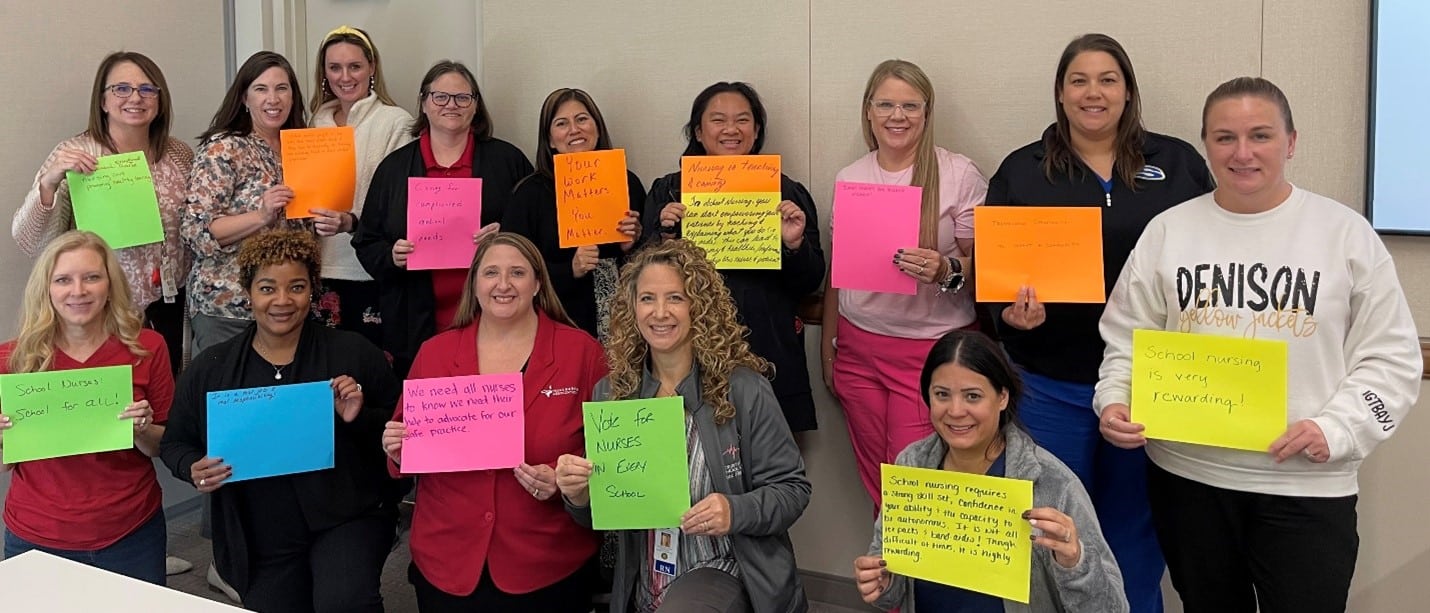We Provide Care And Support to children and Senior Citizens
Victoba Health Care Services INC, we understand that children have unique healthcare needs that require specialized attention and support.
Need help? Call Us Now : +1 (346) 462-0665
Welcome to Victoba Health Care
Victoba Health Care Services INC, we understand that children have unique healthcare needs that require specialized attention and support.

By Laura Kincheloe, Ed.D., MSN, RN, NE-BC
In a recent 6-hour workshop hosted by the Texas Nurses Association, school nurses delved deep into the nuances of Nursing Peer Review (NPR), illuminating the unique challenges they face in their daily practice. This interactive session revealed a powerful truth: while all nurses must adhere to the Nursing Practice Act (NPA), the application of its principles varies widely across nursing specialties. Advocacy for one another begins with understanding these differences.
Unique Challenges for School Nurses
School nurses shared stories highlighting the complexity of their roles. From addressing health emergencies to ensuring compliance with the NPA, school nurses must constantly navigate unique circumstances. One critical tool in their advocacy arsenal is Safe Harbor Nursing Peer Review (SHNPR), which can be invoked when a nurse is asked to take actions that might breach their duty to patients. However, some school districts remain unaware of this safeguard, creating challenges in implementing it effectively.
Further complicating matters is the Minor Incident Rule, which allows nurses to address conduct issues that don’t pose a risk of harm through remediation rather than formal disciplinary action. School districts, uniquely positioned to leverage this rule, can use it to support nurses while enhancing compliance. During the workshop, participants analyzed real-world scenarios, discovering how small details could shift outcomes—from minor incident remediation to mandatory reporting.
Nursing Peer Review as a Tool for Advocacy
NPR is designed to support nurses, enabling remediation within organizations and limiting Board of Nursing referrals to only the most severe cases. School nurses expressed the need for formalized processes to implement NPR effectively, emphasizing that when done well, it strengthens nursing practice and patient safety.
Despite these shared frameworks, school nurses acknowledged that applying NPR in their settings isn’t always straightforward. This underscores the importance of broad awareness and collaboration across nursing specialties. By understanding the diverse challenges nurses face, the profession can better advocate for meaningful legislative and organizational changes that support safe practice for all nurses.
What All Nurses Should Know About School Nursing
By the end of the workshop, school nurses identified critical insights they wanted other nurses to understand:
This workshop reinforced a critical message: nursing is not one-size-fits-all. Each specialty brings unique perspectives and challenges, but by listening to and learning from one another, nurses can collectively advocate for policies and practices that uplift the profession and safeguard patient care.
If you are interested in learning more about nursing peer review, please visit us at www.texasnurses.org or sign up to attend our next workshop.
References
Texas Board of Nursing. (n.d.). Nursing peer review. Retrieved November 25, 2024, from https://www.bon.texas.gov/practice_peer_review.asp.html
Texas Board of Nursing. (2023). Nursing Practice Act. Retrieved November 25, 2024, from https://www.bon.texas.gov/pdfs/law_rules_pdfs/nursing_practice_act_pdfs/NPA2023.pdf
Texas Board of Nursing. (n.d.). Rule §217.16: Minor incidents. Texas Administrative Code. Retrieved November 25, 2024, from https://www.bon.texas.gov/rr_current/217-16.asp.html
Willgerodt, M. A., Tanner, A., McCabe, E., Jameson, B., & Brock, D. (2024). Public School Nurses in the United States: National School Nurse Workforce Study 2.0. Journal of School Nursing, 40(5), 468–481. https://doi.org/10.1177/10598405241253565
© Victoba Home Care Services INC 2025 | All Rights Reserved

Leave A Comment